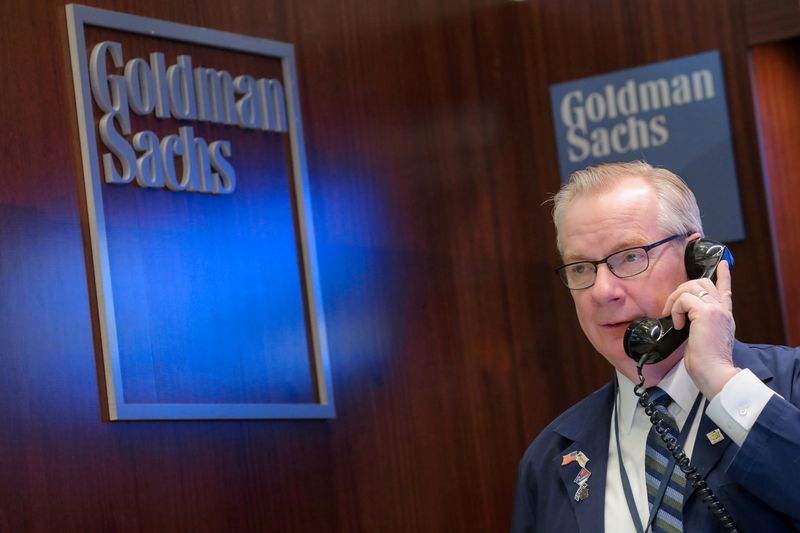Nvidia AI chips targeted in China customs crackdown- FT
(Bloomberg) -- Washington’s ability to avert a catastrophic US debt default risks coming down to as few as seven days in May, underscoring the enormous threat of the ongoing partisan impasse.
Between now and June 1 — the date by which the Treasury Department could run out of sufficient cash — President Joe Biden and members of the House and Senate are scheduled to be in town at the same time for the sum total of one week.
Lawmakers could cancel long-planned Memorial Day recesses, and Biden could nix a trip to Japan to attend the Group of Seven summit. But even so, time is short and it’s unlikely the two parties will strike a grand bargain before the potential X-date advised by Treasury Secretary Janet Yellen on Monday.
Even a punt of the debt limit to later this year will be difficult in a Washington where Republicans and Democrats are in the “no-no-no” stage of negotiations. For two deeply entrenched parties, it could take the push of financial-market turmoil to force a compromise.
Even a short-term extension would force a messy political choice: Either Republicans break their vow against approving a “clean” debt increase, or Democrats concede and set a precedent ahead of the main negotiation.
The White House on Tuesday stuck to its long-held position, with Press Secretary Karine Jean-Pierre saying, “Given the limited time Congress now has, it is clear that that the only practical path to avoid default is for Congress to suspend the debt limit, without conditions.”
If the Treasury lacks the cash to make all payments, it would take the US into uncharted territory.
Read More: US Debt Limit’s Bad Options: The Coin, Premium Bonds and More
Wall Street’s widespread presumption is that the government would keep current on payments on Treasury securities — based on revelations that appeared in earlier Federal Reserve contingency plans. It’s isn’t clear how and whether Treasury could choose among other obligations, and Yellen has publicly rejected the idea of prioritizing specific payments.
Analysts at banks including Barclays (LON:BARC) Plc and Goldman Sachs Group Inc (NYSE:GS). suggested any short-term extension of borrowing authority could be designed to last until July — the X-date timeline many had thought likely until Yellen’s Monday letter. Goldman’s Alec Phillips wrote in a note to clients that the Sept. 30 end of the fiscal year is another option.
For now, there may not be sufficient pressure from markets to force a deal.
Evidence of concern is apparent in pockets of the bond market, however. Yields on Treasury securities maturing in early June are now firmly above 5%. Yields on debt due in May are substantially lower, while those for much of July are also below 5%.
No Concessions
Both parties are digging in ahead of a high-stakes May 9 White House meeting.
Democrats insist on a debt-limit bill without conditions — wary of Republicans’s repeated attempts to use the ceiling as leverage. Kevin McCarthy owes his job as speaker to Republican hard-liners who insist on trillions in spending cuts and has vowed not to bring up a “clean” debt limit hike.
“The only real option that does not hurt the American people is a clean, bipartisan bill to avert default,” Senate Majority Leader Chuck Schumer said.
Problem Solvers
There’s already a proposal for a short-term deal: The 64-member bipartisan Problem Solvers Caucus last month proposed suspending the debt limit through Dec. 31.
That proposal would allow a further extension to February 2025 if Congress creates a deficit-reduction commission. The extension would also be conditioned on adoption of unspecified budget “controls.”
So far, Democrats aren’t talking up a third option: Executive action to bypass the debt limit.
Extreme measures include minting platinum coins and placing them with the Fed to free up cash, issuing premium bonds to mask the size of the debt, or declaring the debt limit to be a violation of the 14th Amendment, which prohibits questioning the public debt.
Those ideas each have drawbacks, and previous presidents have opted not to deploy them in past crises. Biden, a traditionalist who has spent his career in Washington, is unlikely to reach for these break-glass scenarios.
